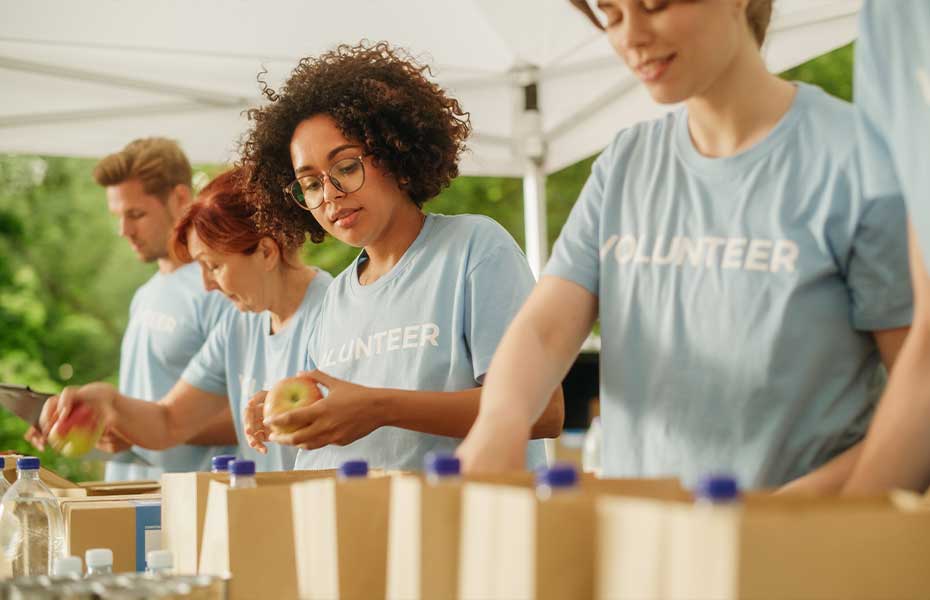Mar 24, 2023
25 Sober Hobbies for a Stronger Recovery
Finding sober hobbies is an essential part of addiction recovery. Engaging in activities that promote physical, emotional, and mental health can strengthen your recovery and bring joy into your life. In this article, we’ll share 25 sober hobbies that can help you build a healthier, happier, and more fulfilling life in recovery.

Physical Activities
Regular physical activity has numerous health benefits, including improved cardiovascular health, enhanced mood, and better quality sleep. For individuals in addiction recovery, physical activity can effectively reduce cravings, relieve stress, and promote healthy coping mechanisms. Incorporating physical activity into your daily routine can help you maintain a healthy lifestyle and strengthen your recovery. Here are five suggestions:
- Hiking is an excellent way to exercise, connect with nature, and clear your mind. You can explore local trails or plan a weekend camping trip with friends.
- Yoga combines physical activity with mindfulness, making it an ideal hobby for those in recovery. You can find free yoga classes online or attend classes at a local studio.
- Running is an excellent way to improve your cardiovascular health and boost your mood. You can start with a 5K race and work up to a half marathon or marathon.
- Swimming is a physical activity that is easy on the joints and can alleviate stress. You can swim laps at a local pool or take a dip in the ocean.
- Rock climbing is a challenging and exciting activity that can help you build strength and confidence. You can join a rock climbing gym or plan a trip to a nearby climbing destination.

Creative Pursuits
Engaging in creative pursuits can be therapeutic for those in recovery. Research has shown that creative activities can improve mood, reduce anxiety, and promote relaxation. Creative pursuits can also help individuals in recovery explore and express their emotions in a healthy way. Here are five sober hobbies that involve creativity:
- Painting can be a relaxing and meditative activity that allows you to express yourself through art. You can attend a painting class or purchase supplies and paint at home.
- Drawing is a simple and portable hobby that you can do anywhere. You can take a sketchbook with you and draw during your lunch break or while traveling.
- Writing can be a powerful tool for self-reflection and personal growth. You can start a journal or try your hand at writing fiction or non-fiction.
- Playing an instrument can be a rewarding hobby that allows you to express yourself through music. You can take lessons or learn to play an instrument on your own.
- Photography is a creative and visually stimulating hobby that allows you to capture and share your perspective on the world. You can take a photography class or start taking pictures with your smartphone.

Mindful Hobbies
Mindfulness is a valuable skill for those in recovery. Engaging in mindful hobbies can help you develop this skill. Mindfulness practices have been shown to improve emotional regulation, increase self-awareness, and reduce symptoms of depression and anxiety. Here are five sober hobbies that promote mindfulness:
- Meditation is a powerful tool for reducing stress and increasing self-awareness. You can start with a guided meditation app or attend a local meditation class.
- Yoga combines physical activity with mindfulness, making it an ideal hobby for those in recovery. You can find free yoga classes online or attend classes at a local studio.
- Gardening is a calming and therapeutic activity that allows you to connect with nature. You can plant a vegetable garden or start a flower bed.
- Knitting is a relaxing and repetitive hobby that can help reduce stress and improve focus. You can attend a knitting class or learn to knit on your own.
- Coloring is a simple and meditative activity that can help reduce stress and improve your mood. You can purchase a coloring book or print free coloring pages online.

Social Hobbies
Social connection is essential for those in recovery, and engaging in social hobbies can help you build meaningful relationships. Research has found that social support can improve recovery outcomes by reducing the risk of relapse, providing emotional support, and promoting a sense of belonging. Here are five sober hobbies that encourage social connection:
- Joining a local sports league is an excellent way to meet new people and stay active. You can join a basketball team, a volleyball team, or a softball team.
- Volunteering is a fulfilling and rewarding way to give back to your community. You can volunteer at a local animal shelter, food bank, or community center.
- Joining a book club is a great way to meet like-minded people and engage in meaningful conversations. You can join a local book club or start your own.
- A cooking class is a fun and social activity that can help you develop new culinary skills. You can learn to cook fresh cuisine or take a baking class.
- Board games are a fun and social way to spend an evening with friends. You can host a game night at home or attend a local board game meetup.

Educational Hobbies
Learning new skills can be an empowering and beneficial part of addiction recovery. Acquiring new skills can also improve self-esteem, increase confidence, and provide a sense of accomplishment, which can be particularly important for individuals in recovery. Here are five sober hobbies that involve learning:
- Learning a new language can be a fun and challenging hobby and help you connect with new people. You can take a language class online or attend a local language school.
- Learning to code can be a valuable and practical skill that can also be a fun hobby. You can take coding classes online or attend coding boot camps.
- Studying art history can be a fascinating and enriching hobby that allows you to learn about different cultures and art movements. You can take an art history class or read art history books.
- Attending a lecture series can be a fun and educational way to learn about various topics. You can sit in on a local lecture series or watch lectures online.
- Reading non-fiction books can be a valuable way to expand your knowledge and learn about new subjects. You can join a book club that focuses on non-fiction or read books independently.
Try These Sober Hobbies for a Healthier and Happier Recovery
Engaging in sober hobbies can be an essential part of addiction recovery. Whether you enjoy physical activities, creative pursuits, mindful hobbies, social hobbies, or educational hobbies, there are many ways to strengthen your recovery and find joy in your life. Try out one or more of the 25 sober hobbies mentioned in this article and enjoy the benefits of a healthier, happier, and more fulfilling life in recovery.

Contact Us

Address
Quincy, MA 02169
Start your recovery with
Massachusetts Center for Addiction
Our team is available 24 hours a day, 7 days a week to answer any questions you may have. Give us a call today and begin your journey toward long-term recovery.








